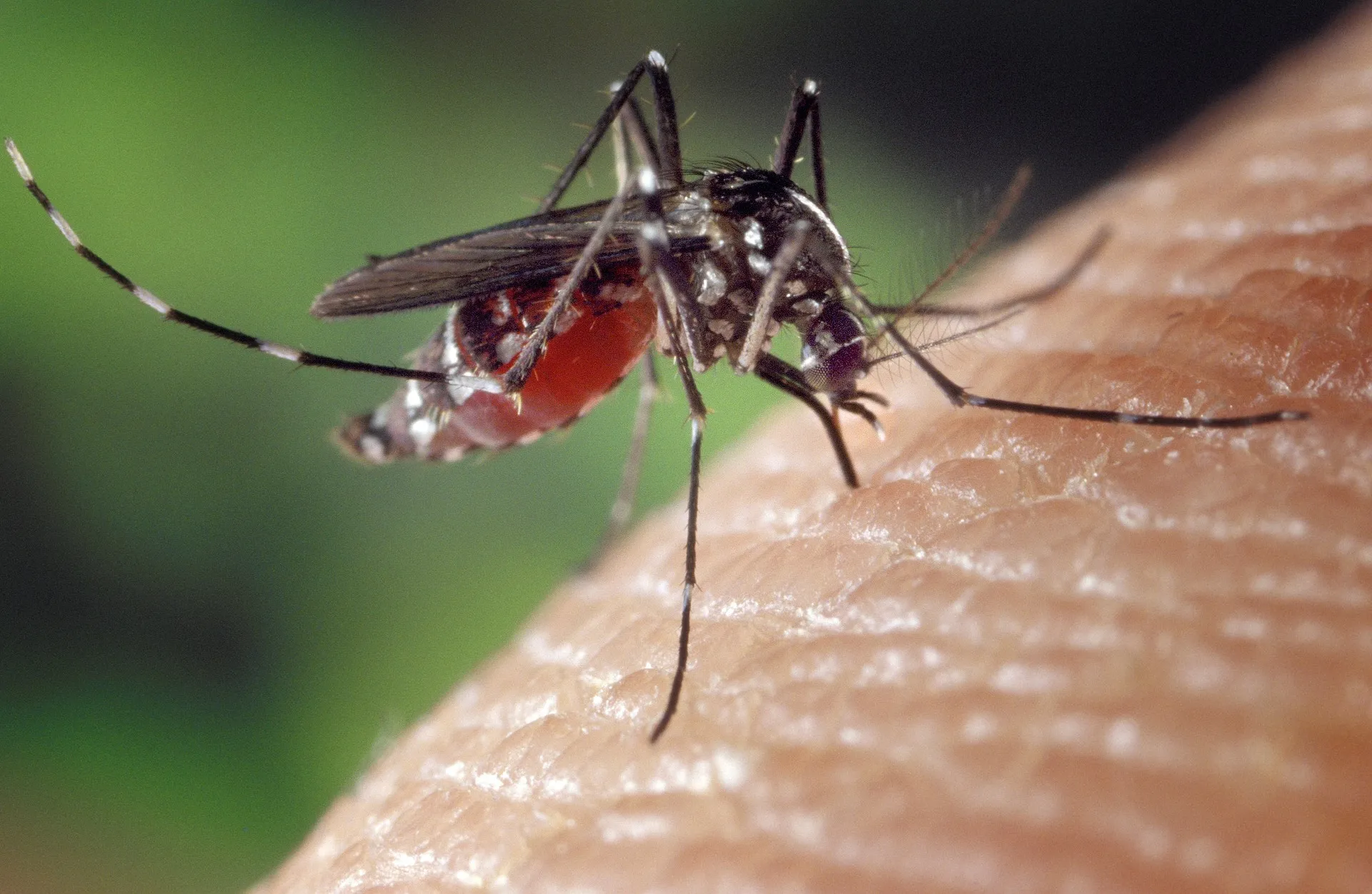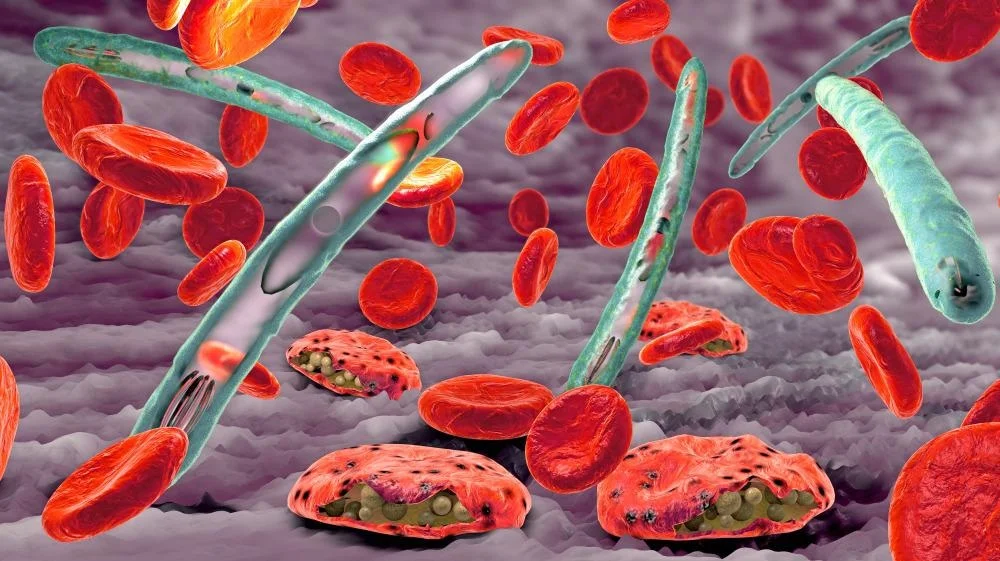Abdoulaye Diabate survived a life-threatening encounter with malaria at the age of five, an experience that tragically claimed the lives of his younger cousins aged three and four.
Today, he leads research in medical entomology and parasitology at Burkina Faso’s Research Institute in Health Sciences, where he is pioneering a groundbreaking approach to combat malaria by genetically altering mosquito species.
Diabate, a native of Burkina Faso, was recently honored with the 2023 Falling Walls Prize for Science and Innovation Management for his work, recognized globally for offering new hope in the fight against malaria.
His research focuses on developing genetic solutions to suppress mosquito populations responsible for transmitting the disease.
Malaria remains a leading cause of death in Burkina Faso, with the entire population, especially children, at high risk according to the World Health Organization (WHO).
In 2021 alone, nearly 19,000 people succumbed to the disease in the country, underscoring the urgent need for effective control measures.
Despite progress made through interventions like insecticide-treated bed nets, malaria-related deaths persist at unacceptably high levels, exacerbated by rising costs and biological challenges such as insecticide resistance and drug-resistant strains.
Diabate emphasized the necessity of innovation in malaria control, highlighting the limitations of current tools like bed nets in the face of insecticide-resistant mosquitoes.

His proposed solution involves gene drive technology, designed to modify mosquito genes to reduce their ability to transmit malaria.
By releasing gene-edited sterile male mosquitoes into the environment, the aim is to suppress the population of disease-transmitting female mosquitoes and thereby halt malaria transmission.
The potential of gene drive technology as a cost-effective and sustainable intervention for malaria control is promising, particularly for remote and underserved regions of Africa.
Diabate’s research, spearheaded through the Target Malaria initiative, marks a significant advancement in genetic approaches to vector control.
While acknowledging ecological concerns surrounding gene drive technology, Diabate assured that these would be carefully addressed throughout the development process.
Critics and advocacy groups have raised valid ecological concerns, cautioning against unforeseen impacts on ecosystems due to the manipulation or elimination of mosquito species.
Diabate’s dedication to malaria research stems from personal experience and a commitment to alleviating the disease’s devastating impact on African communities.
His lifelong mission reflects a profound understanding of malaria’s toll on personal and societal levels, motivating his pursuit of innovative solutions to combat this enduring health threat.
